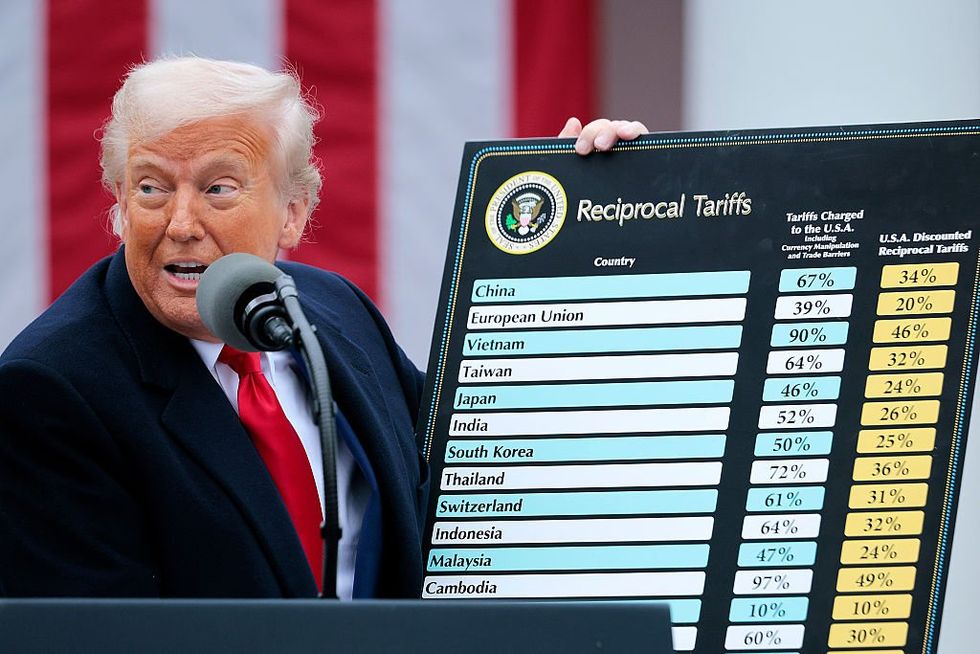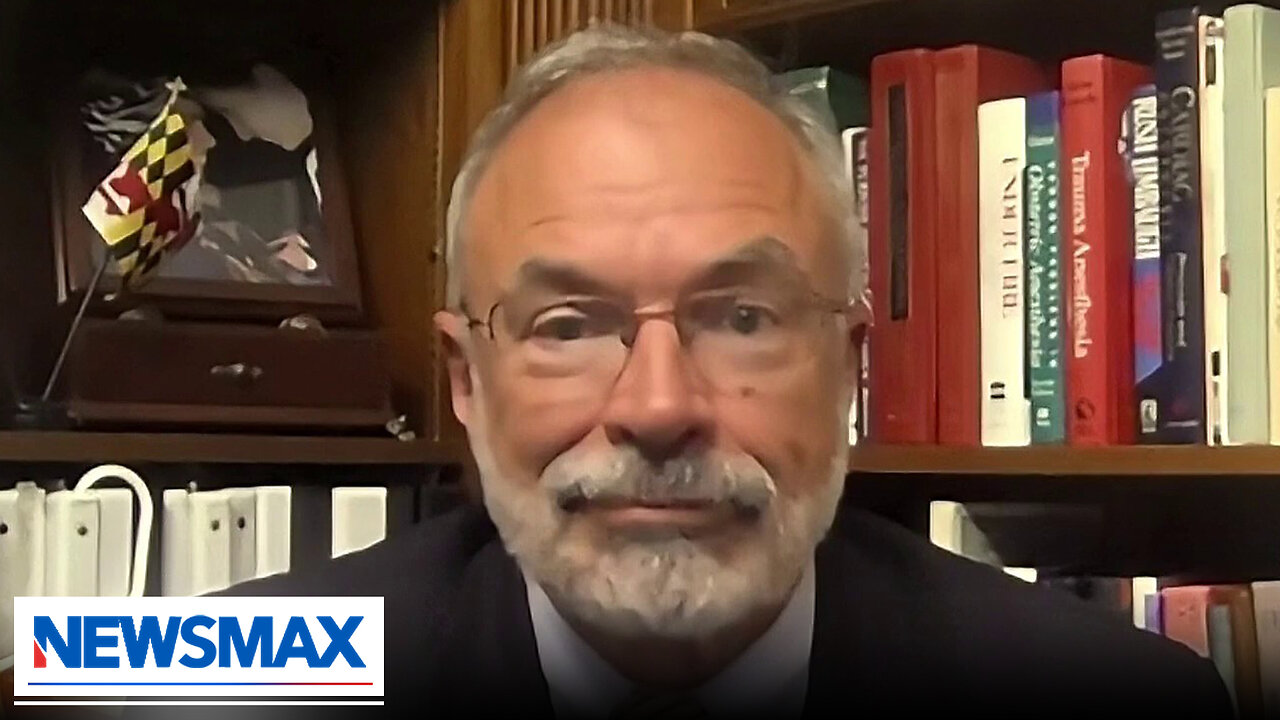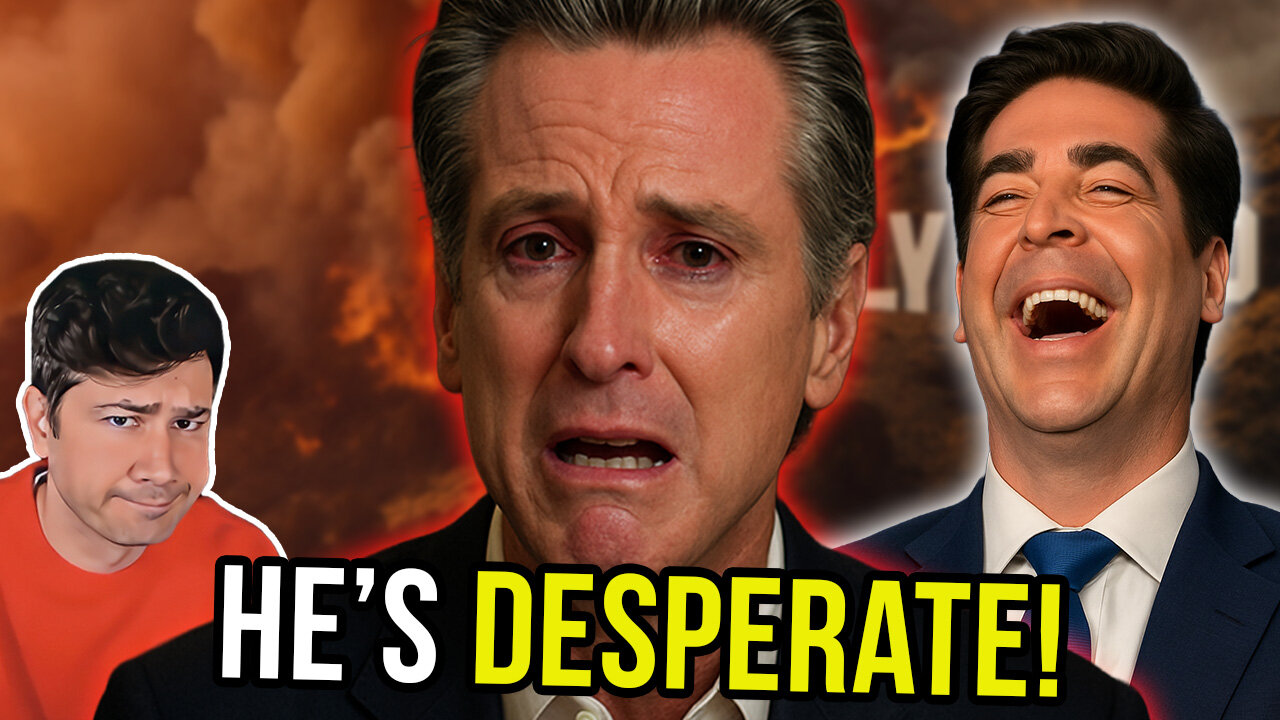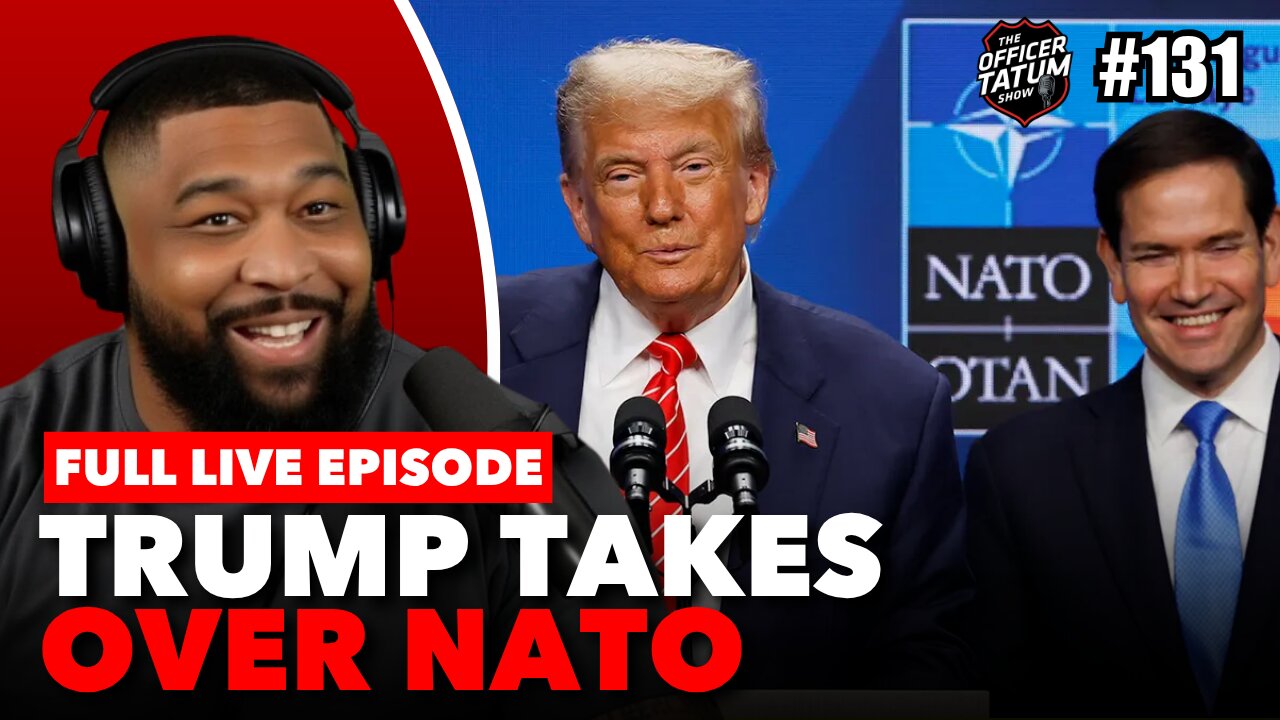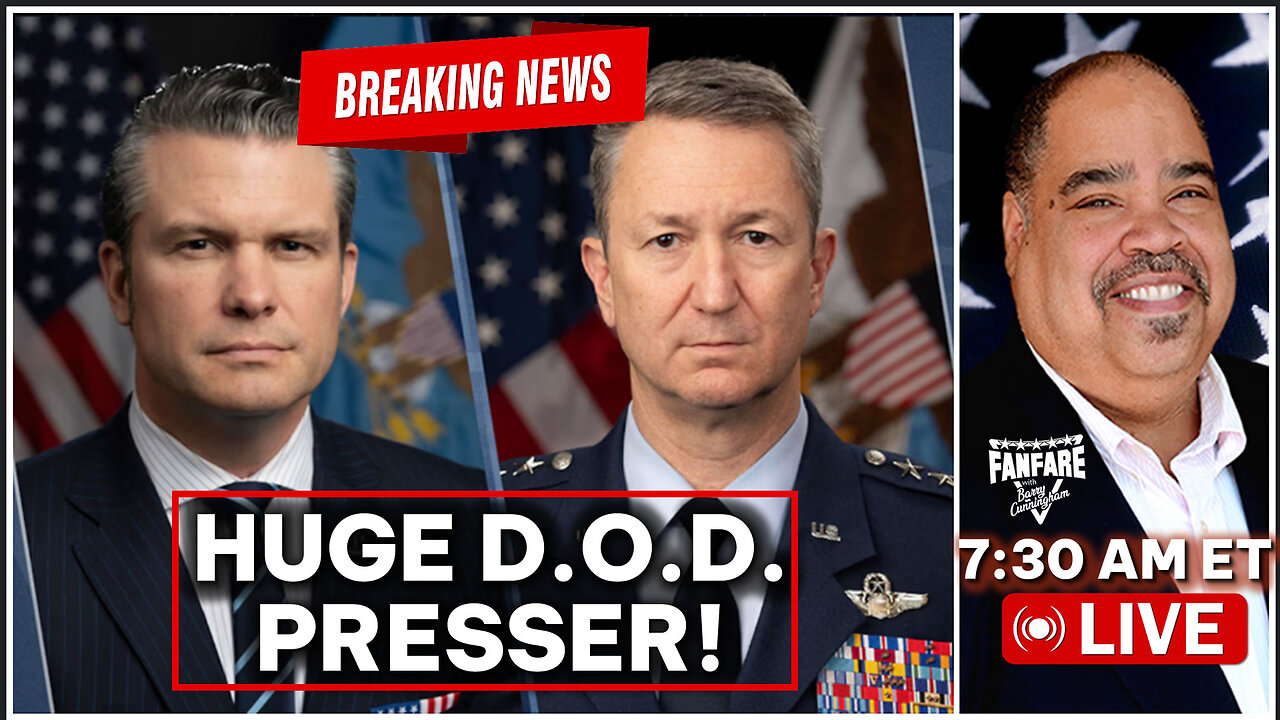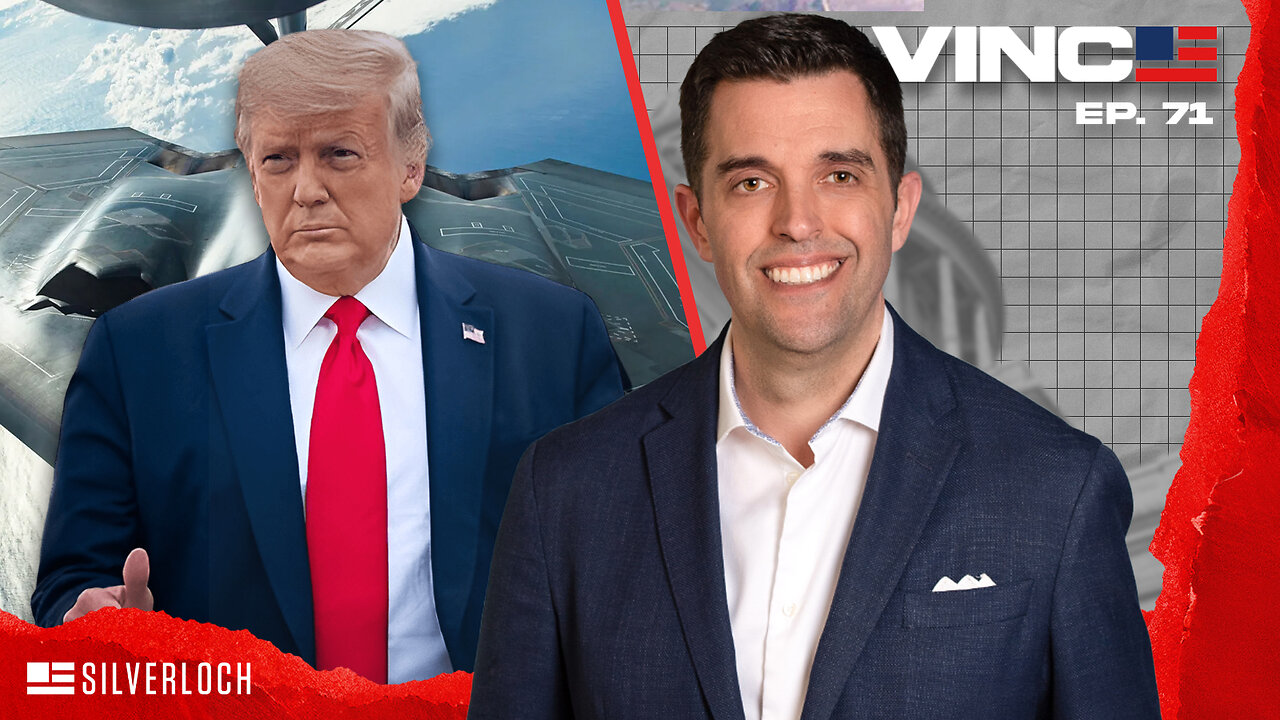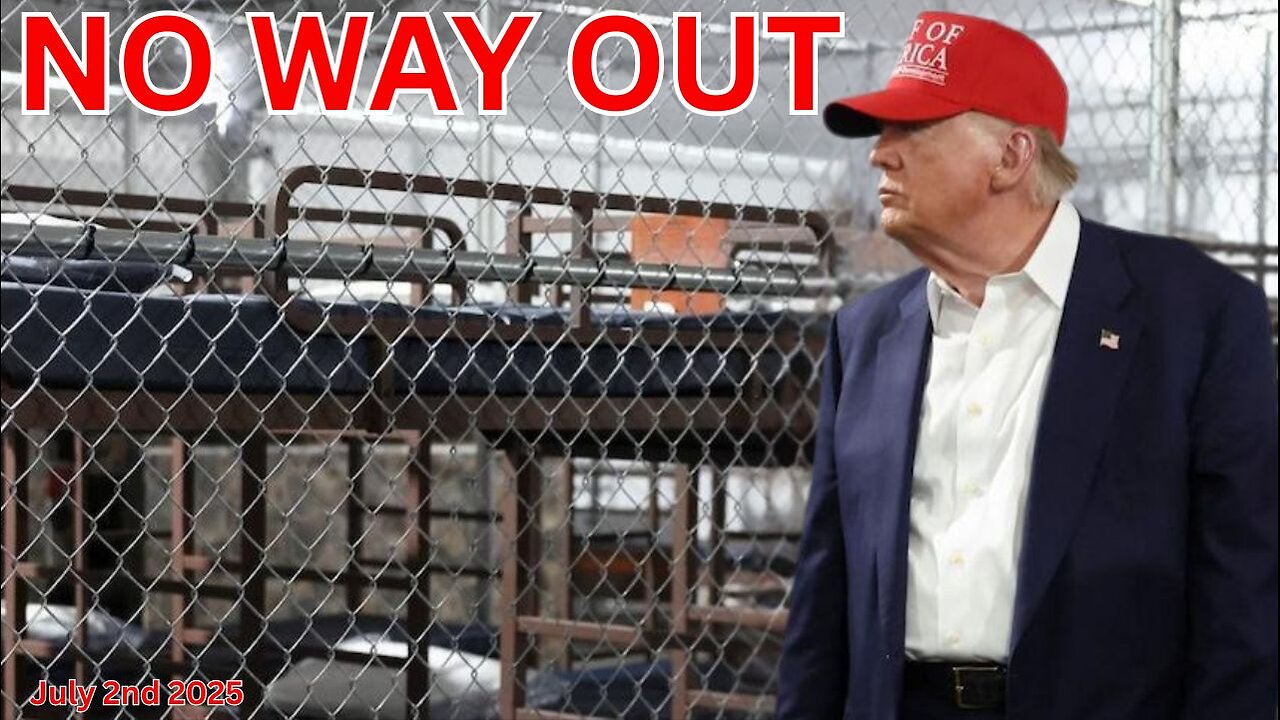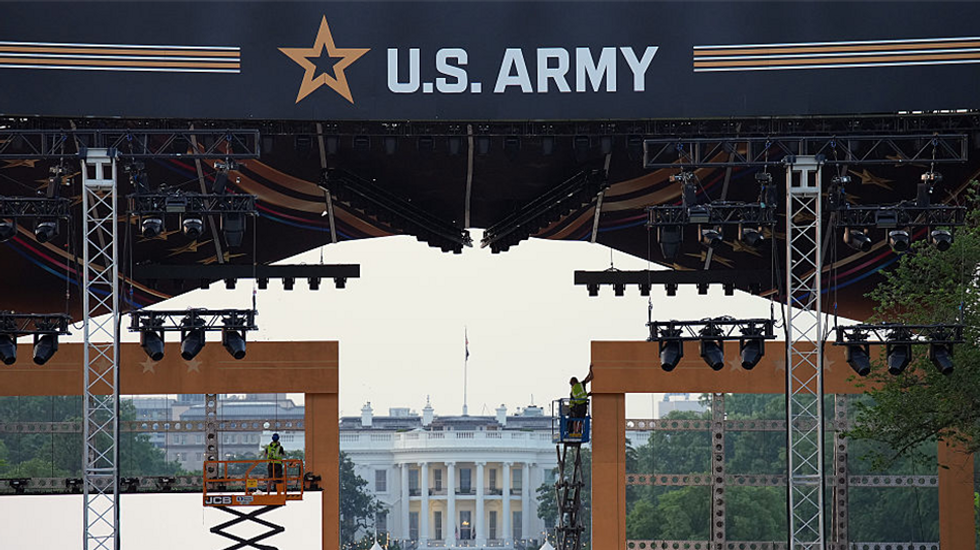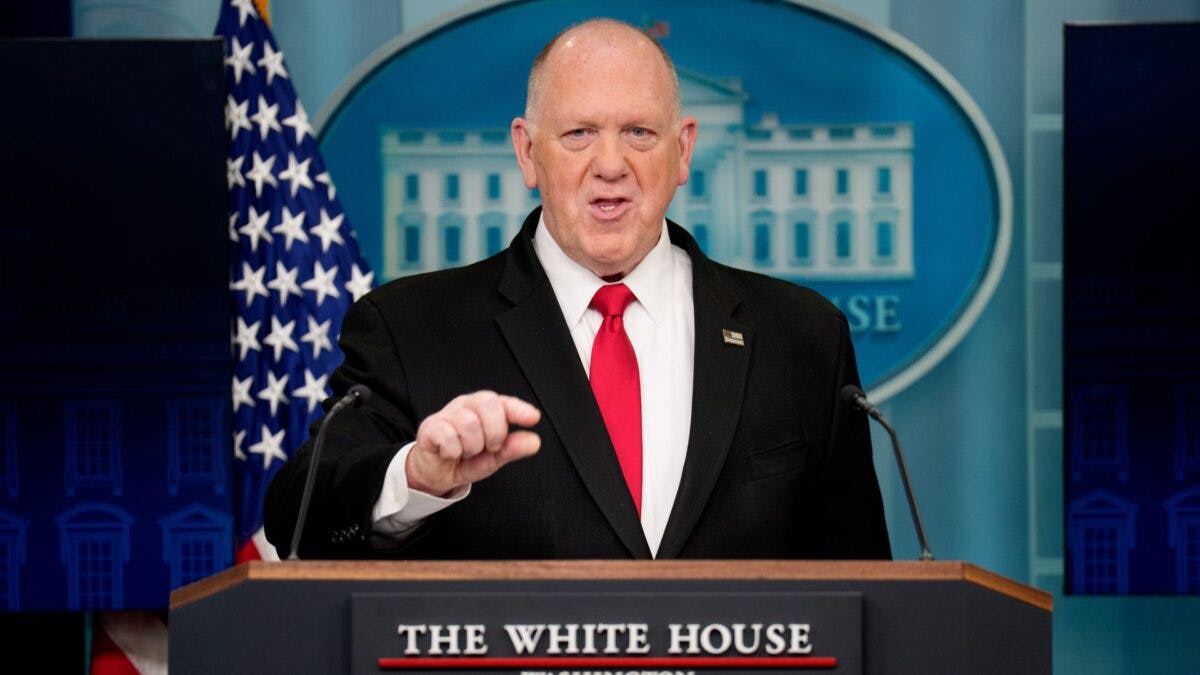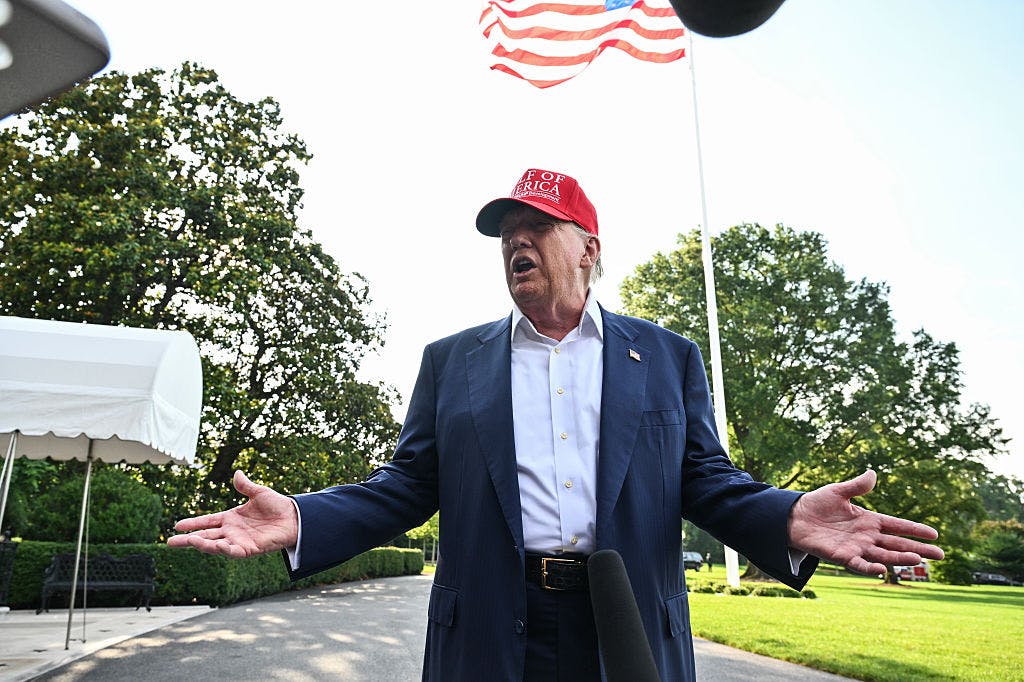Arms control in space needs a motivator



Since the revelations in February that Russia has been developing a nuclear-armed anti-satellite weapon, much of the U.S. government’s efforts in response have focused on trying to prevent Russia from actually acquiring such a capability in the first place. Outside analysis on the subject has also tended to focus on arms control and diplomatic leverage that the U.S. might be able to use against Russia. The problem is that these efforts assume that nuclear arms control in space will work in the same way that it does on Earth. This is not the case. Understanding why is crucial to developing a proper strategy to curtail Russia’s pursuit of a nuclear anti-satellite weapon.
Arms control is extraordinarily complex, guided by many of the same largely intangible dynamics that shape nuclear deterrence and escalation management. However, at its core, nuclear arms control has worked due to the sheer destructive potential of nuclear weapons. While arms control efforts during the Cold War never eliminated the risk of nuclear war, they did help to create a strategic stability based on reliable second strike capabilities, nuclear parity, and mutual interest in avoiding nuclear war. Even today, the five nuclear weapons states have affirmed in principle their understanding that “nuclear war cannot be won and must never be fought.” The problem is that these same dynamics simply do not exist in space, which complicates the incentives for both sides to engage in arms control talks.
There are two key issues that must be examined. The first is that a nuclear attack in space would not directly kill anyone on the ground. Russia’s detonation of a nuclear-armed anti-satellite weapon would cross the nuclear threshold in a way that brought serious devastation to the U.S. and its allies, but the most terrifying consequences for the use of a nuclear weapon would be avoided. This fundamentally alters the dynamics inherent in a nuclear first strike. A first strike causing untold devastation to targets on the ground is widely accepted to demand retaliation in kind. A second strike that was the first to cause such levels of destruction puts the burden of more serious escalation on the responder rather than the one carrying out the initial attack.
The second issue is that Russia simply depends far less on access to space than the U.S. or its allies do. The stakes for Russia are therefore much lower for it than the United States. U.S. military leaders have directly cited this as a key motivator for Russia to develop a nuclear anti-satellite weapon. While Russian satellites would also be destroyed by its detonation of a nuclear weapon in space, the consequences for such a move would be far less devastating for it than they would be for the United States. As such, there is little motivation to engage in talks aimed at halting the development of weapons that will harm the U.S. and its far allies more than they would Russia. As such, the fundamental motivator for the U.S. and the Soviet Union to engage faithfully in arms control discussions during the Cold War (interest in preventing nuclear war) simply does not exist in space.
Convincing Russia to engage in arms control talks around nuclear anti-satellite weapons thus depends fundamentally on the U.S.’s ability to meaningfully raise the stakes for Russia in the same way that Russia has raised them for the United States. The wisest option for policymakers to consider would be to target critical Russian infrastructure, especially its oil and natural gas extraction. Ideally, such strikes would aim to minimize civilian casualties. Military exercises demonstrating the U.S.’s ability to carry out such attacks in a denied satellite environment will be essential to these efforts.
Arms control negotiations aimed at curtailing Russia’s development of a nuclear anti-satellite weapon are virtually impossible without some sort of demonstration of the U.S.’s willingness to inflict levels of damage proportionate to the devastation that such a weapon would cause. Without a clear incentive to get Russia to the negotiating table, American efforts to prevent the proliferation of nuclear weapons in space will continue to not produce any results.
Luke Widenhouse is a research assistant at the Yorktown Institute and senior at St. John’s College in Annapolis, MD.
What's Your Reaction?
 Like
0
Like
0
 Dislike
0
Dislike
0
 Love
0
Love
0
 Funny
0
Funny
0
 Angry
0
Angry
0
 Sad
0
Sad
0
 Wow
0
Wow
0
